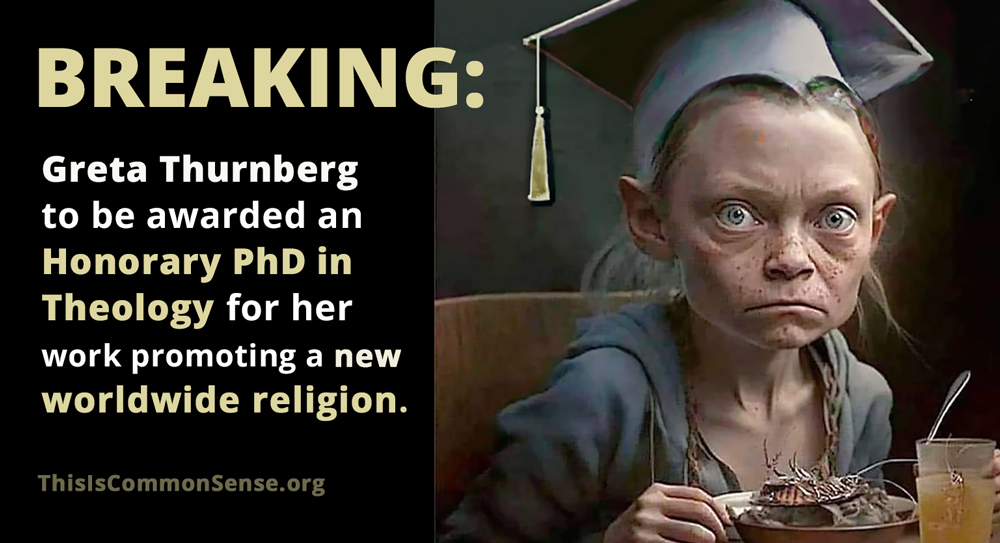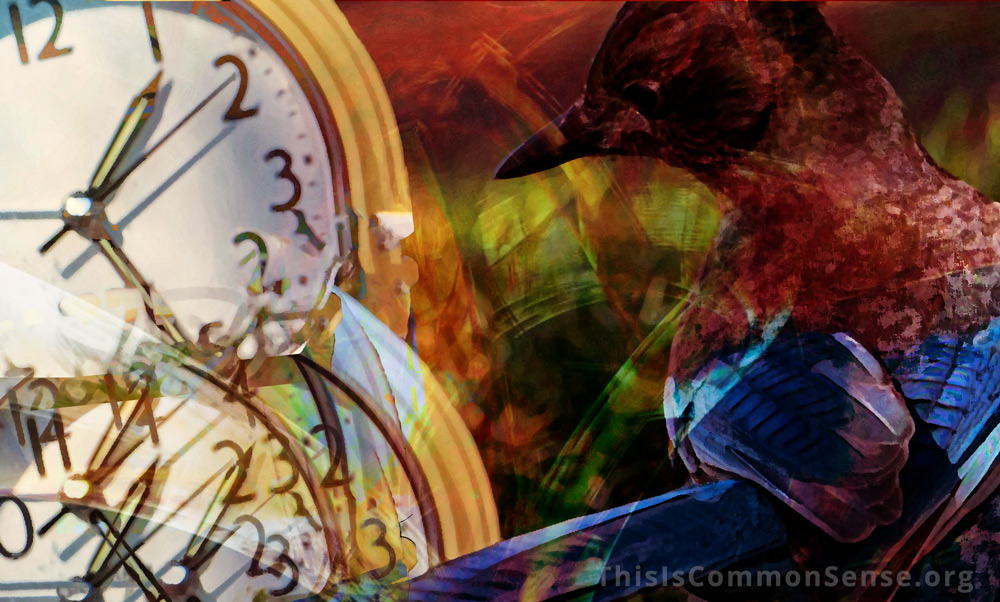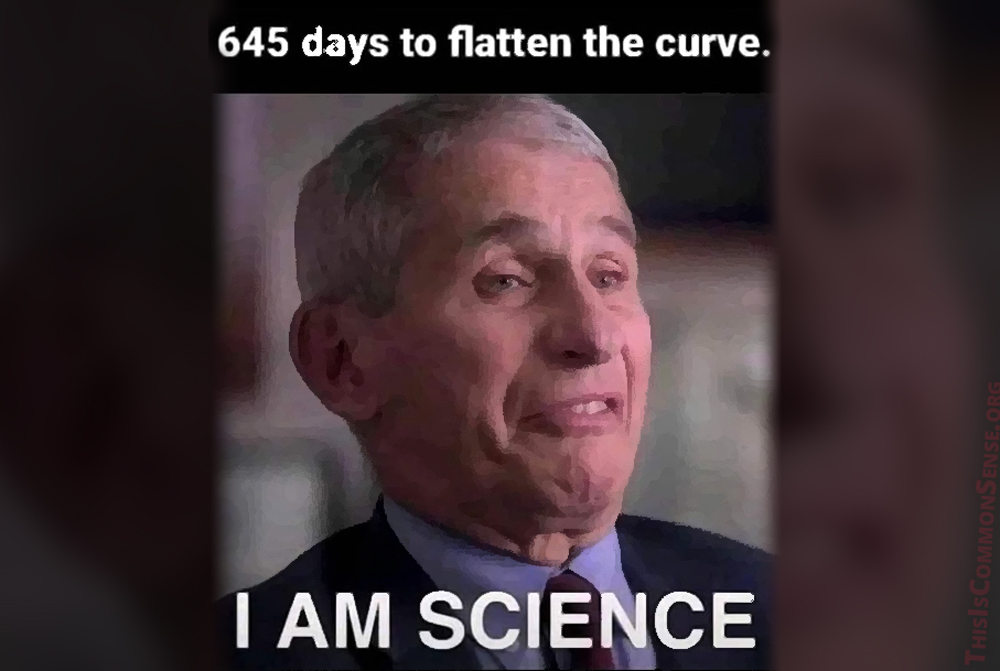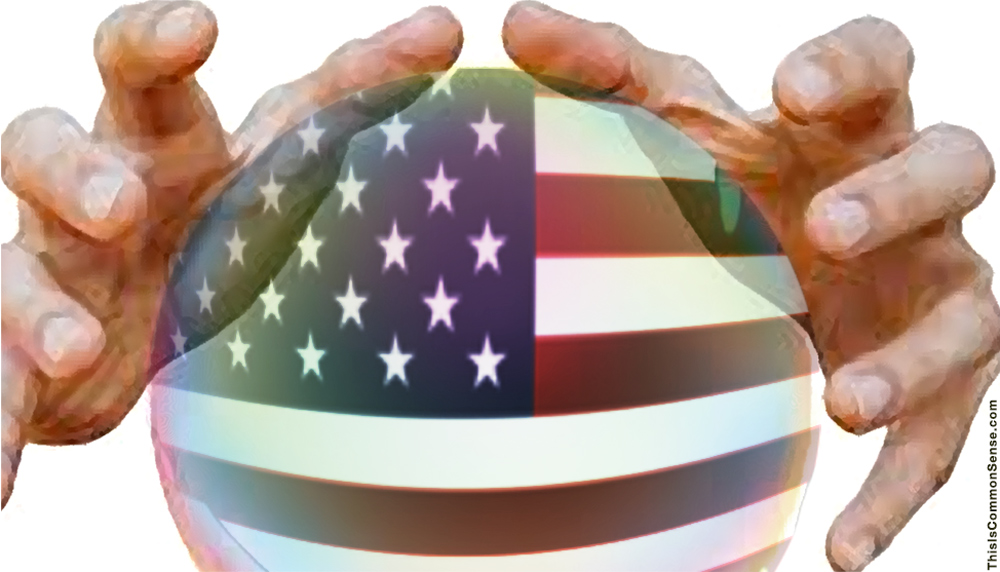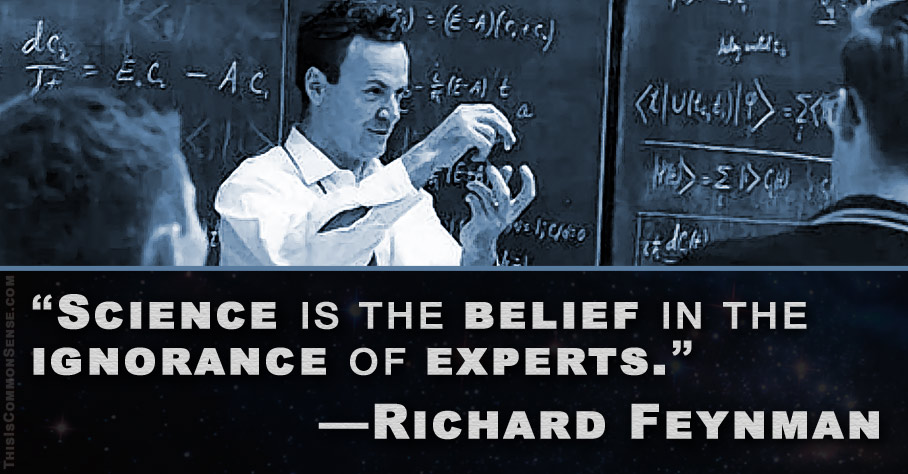“The year 2023 is the centenary of the passing of the Freedom of Religion Act in Finland,” writes “conferer” Martti Nissinen, promoting a future ceremony of the University of Helsinki’s Faculty of Theology — in which one degree will go to . . . Greta Thunberg.
Much has been made, online, of theologians, of all people, awarding an honorary degree to a young environmental activist demonstrating no academic much less godly accomplishments. The obvious suggestion: “what she’s selling is a religion”!
But what stands out to me? Mr. Nissinen’s declaration of this year’s ceremonial theme: “Freedom.”
Ms. Thunberg has been pestering and entreating leaders of the world to “do something” to “save the planet” from “climate change.”
What she demands is not freedom, but more
- taxes
- mandates
- prohibitions.
Whatever the actual threat may be, there is no hint of freedom in her agenda. And if you want more of that message, consult the latest alarm from the IPCC.
The Intergovernmental Panel on Climate Change has issued a bizarre restatement of past pronouncements, warning “that we are almost half way through the ‘last chance decade’ to pull the brakes on climate change.”
“The world is only a few tenths of a degree away from the globally accepted goal of limiting warming to 1.5C above pre-industrial levels,” explains The Guardian. “On current trends, we will shoot past the target within a decade.”
Dooming the planet.
Pushing this fake “global accepted goal” has a historical context. Many similar past warnings that haven’t come true. But, more pressingly, the worldwide panic over a pandemic that even to politicians increasingly appears to be a complete failure of the experts.
Why trust the Expert Climatologists when the Expert Epidemiologists have so disastrously failed us?
Just don’t ask Dr. Greta.
This is Common Sense. I’m Paul Jacob.
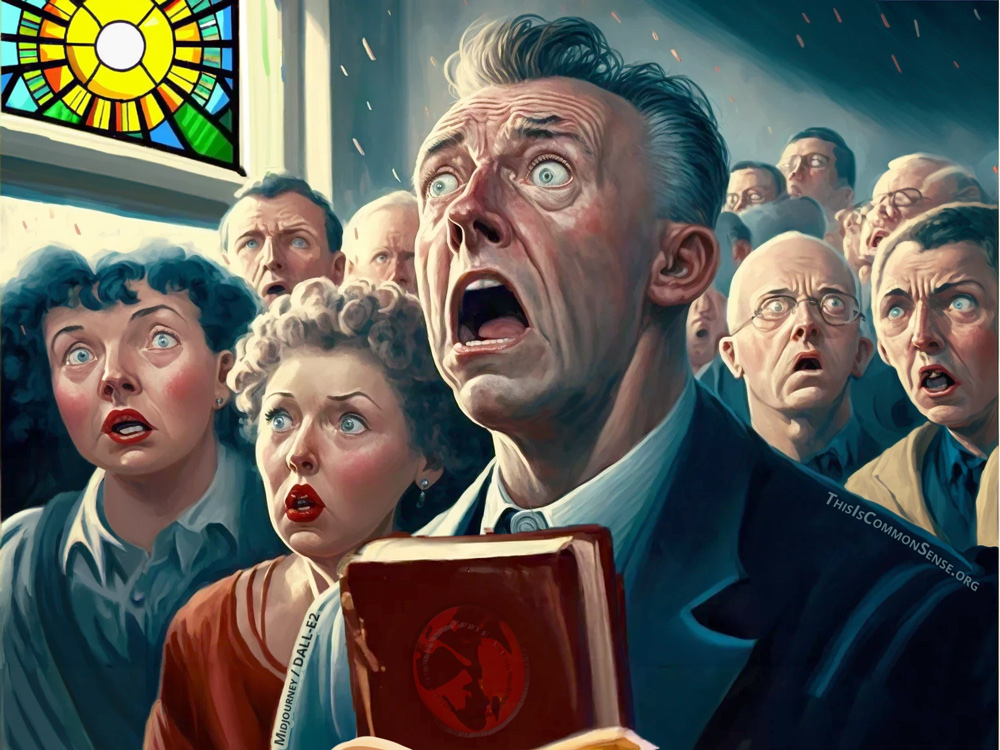
—
See all recent commentary
(simplified and organized)
